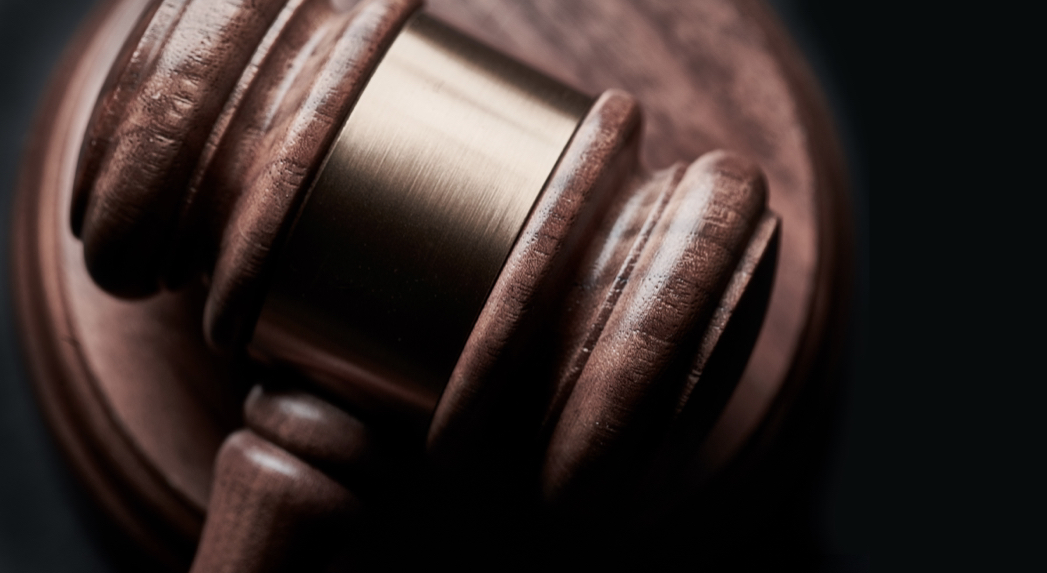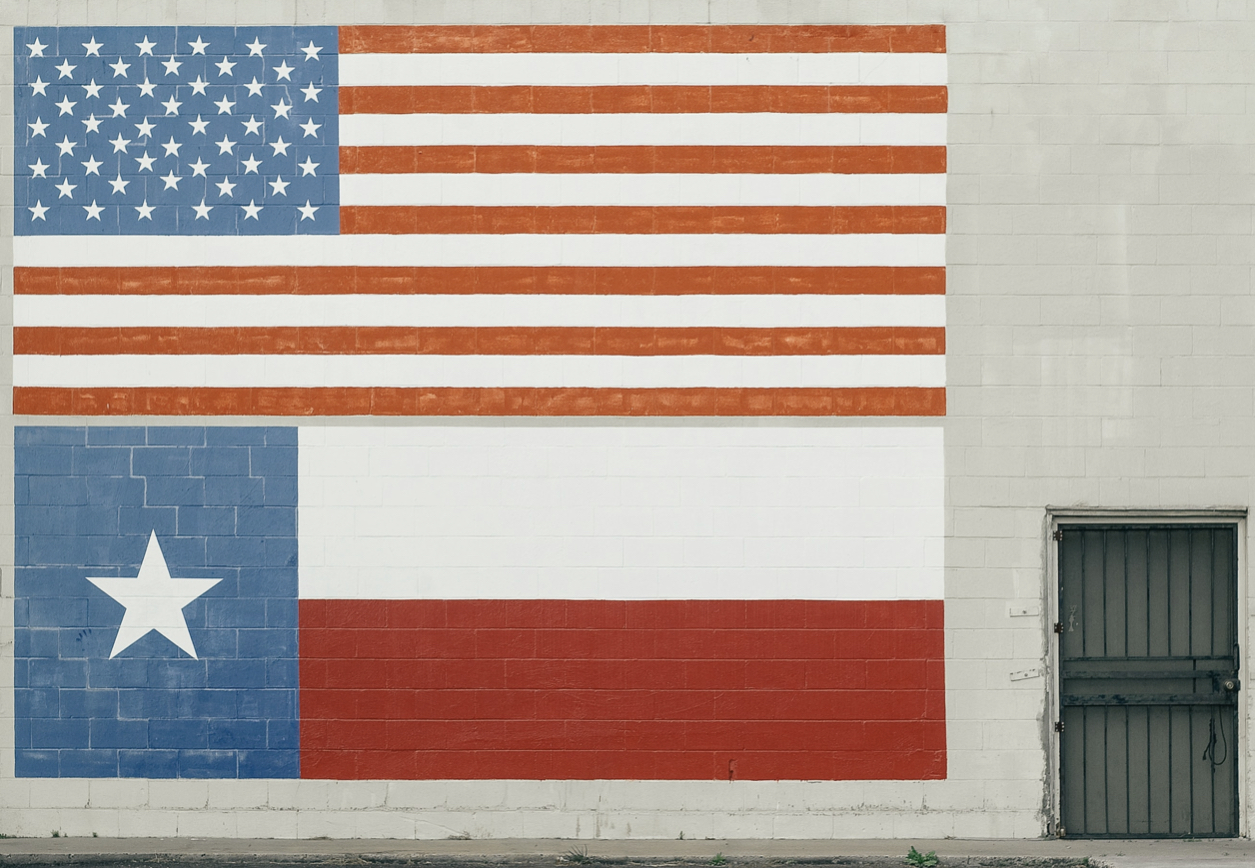Gathering and Government
April 3, 2020
 This week the governor made an executive order responding to the ever-fluid COVID-19 situation. Its implications are statewide and relates to both federal and local orders. An initial review of the order seems to only make the situation less clear. Can churches meet? Can we not? Do we not have a first amendment exception to COVID-19 restrictions?
This week the governor made an executive order responding to the ever-fluid COVID-19 situation. Its implications are statewide and relates to both federal and local orders. An initial review of the order seems to only make the situation less clear. Can churches meet? Can we not? Do we not have a first amendment exception to COVID-19 restrictions?
This is an explanation, primarily for our own congregation, on how we ought to understand and apply Governor Abbott’s order.
Protection of the First Amendment
The First Amendment is one of the most sacred in the United States. It states:
Congress shall make no law respecting an establishment of religion, or prohibiting the free exercise thereof; or abiding the freedom of speech, or of the press; or the right of the people to peaceably assemble, and to petition the government for a redress of grievances.
A question has arisen as to the application of the First Amendment to nationwide COVID-19 restrictions on churches not to meet. At least one pastor in Florida was arrested because his church defied orders, gathering with over 500 members. Locally in Austin, the mayor and county judge issued orders which restrict all unnecessary gatherings except for essential businesses. Churches were not listed as essential businesses. However, in the governor’s executive order, he states explicitly:
“Essential services” shall consist of everything listed by the U.S. Department of Homeland Security in its Guidance on the Essential Critical Infrastructure Workforce, Version 2.0, plus religious services conducted in churches, congregations, and houses of worship.
The order also states that these services should be conducted:
- following the guidelines from the President and the CDC by practicing good hygiene, environmental cleanliness, and sanitation, implementing social distancing, and working from home if possible.
- all services should be provided through remote telework from home unless they are essential services that cannot be provided through remote telework.
Yay! That means we are free to meet as a church this Sunday. Yes. Yes it does. But it does not tell us whether or not we should.
First, let’s simply be thankful that our governor, along with the attorney general, are watching over our safety, but doing so while remaining committed to upholding the rights in the First Amendment even in time of crisis.
Avoiding Costly and Unnecessary Lawsuits
The governor seems to have wisely made the executive order to avoid future lawsuits or unnecessary litigation.
If First Amendment laws are not clearly protected in the midst of COVID-19 restrictions, it is to be expected that it would become the focus of lawsuits - most likely from churches and other non-profits. The government and churches could be embroiled in drawn-out and expensive litigation culminating in a SCOTUS decision.
Any time the First Amendment is the subject of a Supreme Court decision we ought to keep a very watchful eye! It’s in our nation’s best interest, it would seem, that any decision on the meaning of the First Amendment be avoided during a time of crisis or in response to it. While religious liberty has been challenged on many fronts in recent years, the right to gather has not been considered. In his executive order, Governor Abbott is clarifying that there is no middle ground — the First Amendment is intact, and state or local orders (even health code orders) do not supersede it.
Thus, the governor is keeping his oath of office which states:
I, Greg Abbott, do solemnly swear (or affirm), that I will faithfully execute the duties of the office of Governor of the State of Texas, and will to the best of my ability preserve, protect, and defend the Constitution and laws of the United States and of this State, so help me God.
 Positioned Between Federal and Local Government
Positioned Between Federal and Local Government
The state and governor’s offices are in a unique situation. Their authority lies between and overlaps both local and federal authority. Consider an illustration on the nature of this challenge.
We’ve all been to the Grand Canyon or a large gorge where there are signs which tell you how close you can get to the edge. “Do not go past this point”. The federal government may post a sign that says, “No one may come within two feet of the cliff’s edge.” A local government may abide by federal law and yet post a stricter sign stating, “No one may come within four feet of the cliff’s edge.” The local law abides by the federal law and also dictates stricter local orders. Everything is great.
However, the local officials may break a different law if they post a sign which reads, “You may not come within one mile of the cliff’s edge.” One mile? Well, in that case the local government has banned you from seeing the cliff altogether! By taking such extreme measures as safety precautions, they actually infringe upon your right to see the cliffs and enjoy the scenery completely!
This is where Governor Abbott is. He perceived that Stay Home, Stay Safe laws which were ordered on the basis of health and safety were in danger of overriding another more basic law — the First Amendment. The executive order leaves authority in the hands of local governments but has said, “you can only draw lines this far — orders for the sake of health can’t override the First Amendment”.
Before any of us come to simple and easy conclusions, potentially making villains of those who disagree with us, we should consider and affirm the legal complexity of the circumstance.
So, see you Sunday, right? We’re free! Not just yet. We have another law to consider.
Christians, Their Gatherings, and Government Orders
Yes, the governor of the state of Texas just gave churches legal authority to meet and gather as a church. Still, he recommends we should do so practicing social distancing and recommended cleaning methods. So why not meet immediately? Four reasons.
Our Disposition is to Obey the Government
For one, Christians ought to live with the disposition of obeying their governments. We’ve been asked to avoid unnecessary meetings. Yes, we can easily argue from a faithful ecclesiological position that meeting is necessary for carrying out our worship services. But we have also been asked not to.
In normal circumstances we are to obey and respect local governments currently hosting us exiles until we enter the lasting city. We want to obey the government. It’s not that we have to. We are eager for peace and eager to represent Christ well. We strive for cooperation. This is the disposition described in Romans 13 and in 1 Peter 2. It’s also the instruction we have from Israel when they were exiled to Babylon (see Jeremiah 29:7).
1 Let every person be subject to the governing authorities. For there is no authority except from God, and those that exist have been instituted by God. 2 Therefore whoever resists the authorities resists what God has appointed, and those who resist will incur judgment. Romans 13:1-2
When to Disobey Government
When should Christians disobey the government? When we are singled out from the rest of society or asked explicitly to disobey a direct command of God. Right now, our governments are not saying they intend to undo explicitly or permanently unravel the First Amendment. Even if that was the intention or an accidental result, the governor has put a stop to that. He is ensuring our First Amendment right, offering us protection for meeting this Sunday. So while we are being asked not to meet, we are not being told that we are legally bound to not meet. So gathering as a church would not even technically be disobeying the law. If we gathered, it will be seen (and would in fact be) ignoring the recommendations of multiple levels of government which are given for the health and safety of our communities. So our situation is this: we have been given recommendations not to meet which we have legal protection to ignore. So to not gather is not a question of legality. It is a matter of cooperation and solidarity.
Laying Down Liberty
Part of Christian wisdom is knowing when to lay down liberties for the glory of Christ and when to exercise or defend them. Paul, for example, was happy to lean on his Roman citizenship when it benefited the movement of the gospel (Acts). Yet, he leaned on his Jewish heritage when it helped him gain the ears of his fellow Jews (Acts). But we should not use our liberties for personal advantage or comfort. We should use them for the Kingdom’s sake. There are various situations where Christians are asked to lay down their liberty for the sake of love, conscience, and building others up. Consider the meat sacrificed to idols (Romans 14). Consider the use of alcohol - there is a biblical liberty and governmental freedom to consume. But care for others might mean we don’t partake. While we do not necessarily owe the government the same kind of allegiance we owe our brothers in Christ, it is the same gospel-minded direction which cares less about personal moral liberty and more about Kingdom advancement. It is not unlike the mind of Christ who “who, though he was in the form of God, did not count equality with God a thing to be grasped”( Philippians 2:6). Jesus took this so far as to lay down his life on the cross.
Love Your Neighbor As Yourself
Jesus summarized the entire Kingdom ethic into two laws in Matthew 22. One, love God, and two, love your neighbor as yourself. On these two laws hang all the other laws. The question before us is not whether or not we have the liberty to meet or take some other action. The question, the higher question (the one with greater legal precedent) is, “how can we love our neighbors?” Will we act in love and solidarity with our neighbors even while we are free?
For these reasons, we will continue to stream our services and follow local and state guidelines so long as they are also working to protect the freedom in the First Amendment. The governor has given us a great gift — the chance to use our freedom to show our community that we love them more than our own liberty!
This leaves us in the right dilemma of legally being free to meet according to our government, but bound by the law of love.
For His Glory,
Nathan Loudin
____________________________
Governor Abbot's Executive Order
https://gov.texas.gov/news/post/governor-abbott-issues-executive-order-implements-statewide-essential-services-and-activities-protocols
Attorney General Guidence for Houses of Worship
https://www.texasattorneygeneral.gov/sites/default/files/images/admin/2020/Press/AG%20Guidance%20for%20Houses%20of%20Worship%20During%20the%20COVID-19%20Crisis.pdf
Austin Stay Home, Stay Safe Order
http://www.austintexas.gov/department/covid-19-information/stay-home-order
Photos
Flag photo by Matthew T Rader on Unsplash.
Gavel photo by Bill Oxford on Unsplash.